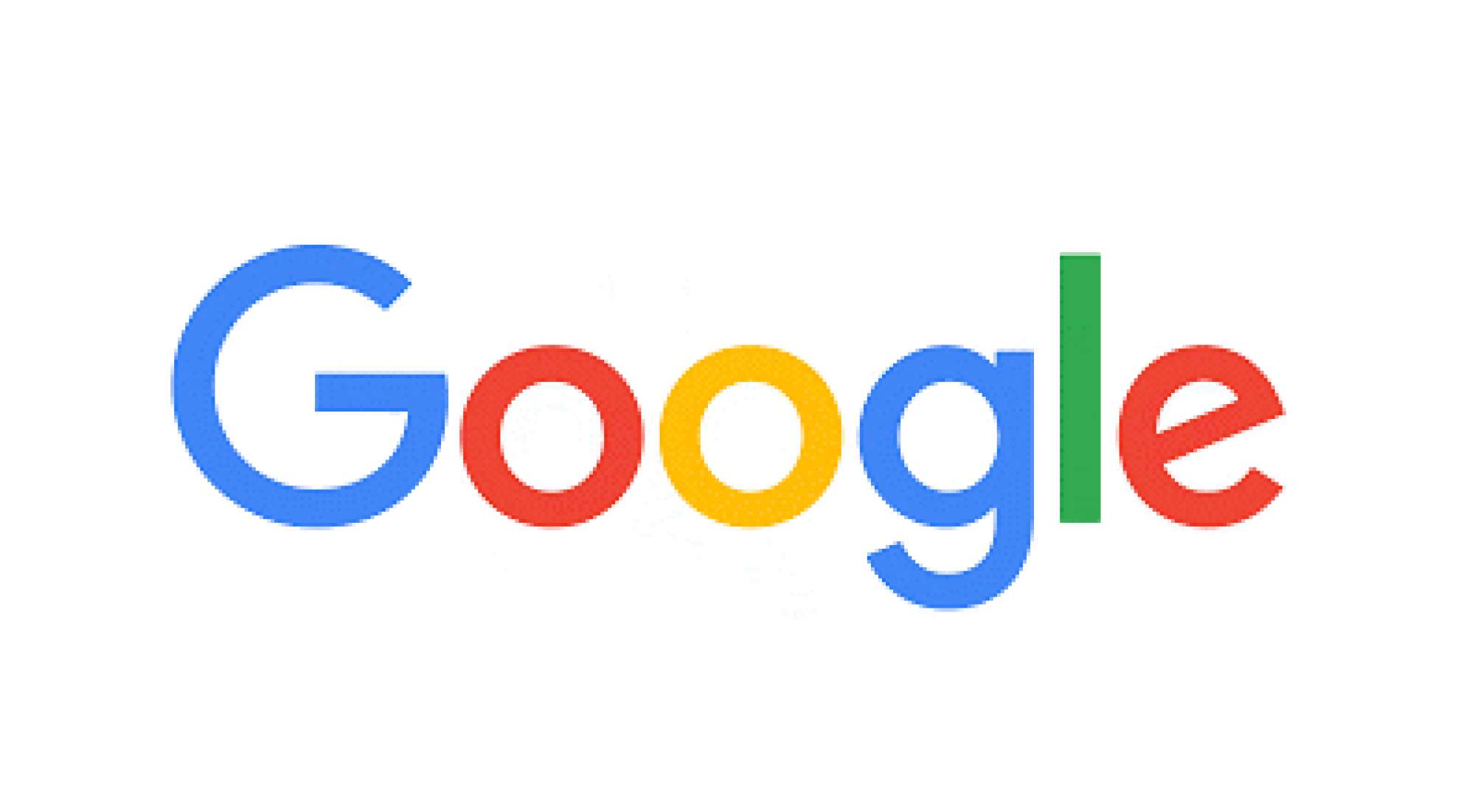 A few weeks back a friend during the course of a conversation asked, “What if Google goes paid?”. “I will pay for it,” pat came my response, even before he could finish asking his question.
A few weeks back a friend during the course of a conversation asked, “What if Google goes paid?”. “I will pay for it,” pat came my response, even before he could finish asking his question.
As a freelance writer, who has ambitions of writing more books in the years to come, Google is a huge source of information for me. Research papers, data (Indian as well as international), news (both old and new, Indian as well as international) and so on, keep me going.
At least that is how I use Google on most days. But there are other uses as well. People use it to find out restaurants, electricians, plumbers, and so on. The uses of Google for an individual who has access to internet (either through a smart phone or through a computer) are simply way too many to put down in a 600-700 word column.
So, the question is will people pay to subscribe to Google, if it ever decides to go paid i.e. only those who pay a certain amount of money every month or every year, will be allowed to access it. While this sounds like an interesting question to ask, it is not the right question to ask.
Or so I figured out, after the conversation I was having with my friend came to an end. The right question to ask is will Google ever become a paid website, instead of asking will you pay for it, if it becomes one.
Before I go any further, it is important to explain the concept of network externality in economics, which applies in this case. This is a situation where one person’s purchase of a good or a service, makes it more valuable for other prospective consumers.
Take the case of a telephone (or a mobile phone). If only one person is on the network, it is essentially useless. For it to be of any use, at least two people need to be on it. Of course, if only two people are on it, then it is not financially viable. So the network needs to attain a certain size.
Or take the case of a social networking site like Facebook. I am on Facebook because most of my friends and people I may want to be friends with in the future, are on Facebook.
This, also explains why Orkut, lost out to Facebook, and ultimately had to shutdown. There just weren’t enough people on it, for it to continue attracting more people. Everyone had moved on to Facebook. This also explains why Google Plus never really took off. Most people were happy being on Facebook and did not move to Google Plus.
As Ray Fisman and Tim Sullivan write in The Inner Lives of Markets in the context of network externality: “The bigger a company gets, the more valuable it is to each successive customer, there’s a huge premium on expanding your customer base.” Now look at this in the context of Google. It fits the bill totally.
As Fisman and Sullivan write: “Why, for example, does Google let you search the web for free, even though maintaining its primacy in the search engine market costs the company a fortune in R&D [and] computing infrastructure.”
The answer lies in the fact that more users that Google has, the more viable its business model gets. As Fisman and Sullivan point out: “A bigger user base allows Google to extract ever-higher revenues from the other side of the market—the advertisers, who pay for search listings.”
Hence, Google is free because that is the only way to ensure that it will continue to have the kind of following that it does. And if it is in that situation, it can continue to charge advertisers a good amount of money. The fact that Google is free, ensures that its business model continues running. Given this, it is highly unlikely that in the near future, Google will ever turn paid.
Not, at least, till its current business model keeps running.
The column originally appeared in the Bangalore Mirror on August 3, 2016